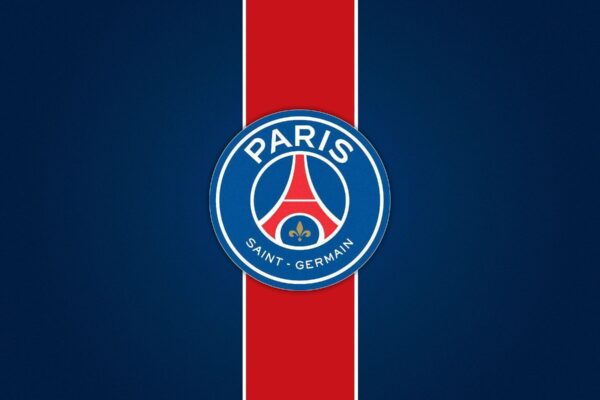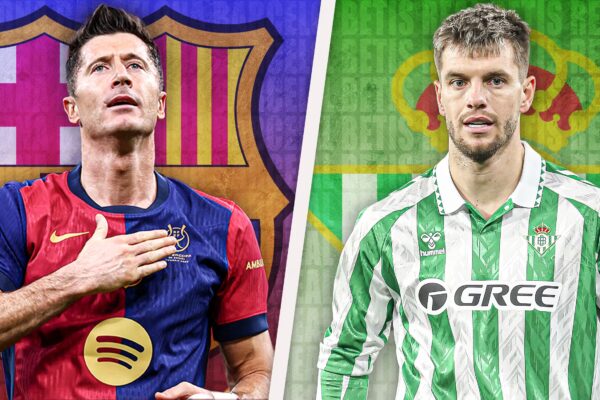
Introduction
Detroit City FC (DCFC) has emerged as a symbol of grassroots football success in the United States. Founded in 2012, the club has garnered a dedicated fan base and has recently made waves with its significant achievements in the world of soccer. Its rise in professional football not only highlights the love for the sport in Detroit but also showcases the growing influence of community-driven clubs across the nation.
Formation and Early Years
Detroit City FC was established in response to the need for a professional football presence in the city. The club began its journey in the National Premier Soccer League (NPSL) and quickly captivated local fans with its passionate playing style and community involvement. With attendance figures averaging over 6,000 in the NPSL, DCFC demonstrated that a strong soccer culture existed in Detroit.
Transition to Professionalism
In 2020, DCFC took a monumental step by announcing its move to the USL Championship, a significant leap into professional soccer. This decision was met with overwhelming support from fans, further solidifying the club’s identity within the city. The transition showcased the administration’s ambition and the supporters’ eagerness to see Detroit represented at a higher competitive level.
Community Impact
Beyond the pitch, Detroit City FC has made significant contributions to the local community. The club engages in various outreach programs, emphasizing social justice, youth development, and community enrichment. Collaborating with local schools and charities, DCFC works to provide positive opportunities for Detroit’s youth, proving that soccer can be a catalyst for change. Additionally, the club’s fanbase—known as the “Northern Guard”—represents a diverse collective that champions inclusivity and local pride.
Recent Achievements and Future Prospects
As of 2023, Detroit City FC has established itself as a competitive force in the USL Championship, consistently challenging for playoff positions. With an increasing number of partnerships and sponsorships, there are positive forecasts for the club’s future, including potential expansion of facilities and a continued focus on community programs. The rise of DCFC stands as a testament to the spirit of Detroit, serving to inspire future generations in the realm of sports.
Conclusion
Detroit City FC represents more than just a football club; it embodies a community’s resilience and passion for sports. As the club continues to grow both on and off the field, it remains a vital pillar of the Detroit sports landscape, bolstering local pride while nurturing a rich football culture. The journey of DCFC is an inspiring reminder that community-driven initiatives can lead to significant success, transforming cities and enriching lives for years to come.
You may also like

The Rise and Recent Developments of Paris Saint-Germain F.C.

Barcelona vs Rivals: Understanding the Historic Football Rivalry

Everything You Need to Know About the Conference League
SEARCH
LAST NEWS
- Remembering Wendy Richard: The Promise to Co-Star Natalie Cassidy
- How Did Anglian Water Achieve an ‘Essentials’ Rating for Mental Health Accessibility?
- Shai Hope Leads West Indies in T20 World Cup Clash Against South Africa
- What We Know About Weston McKennie: Future at Juventus and Past at Leeds
- What We Know About the Upcoming Live Nation Antitrust Trial